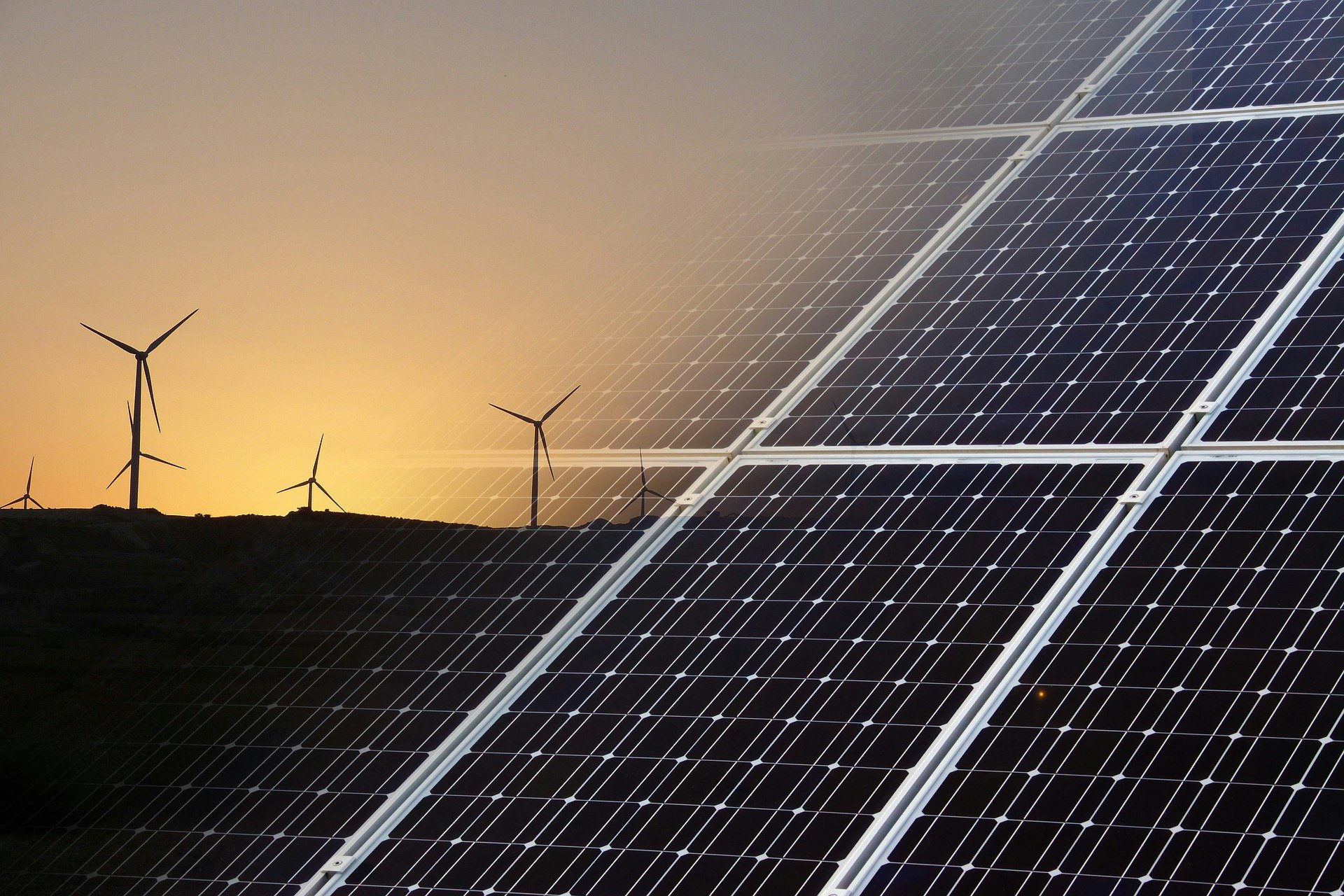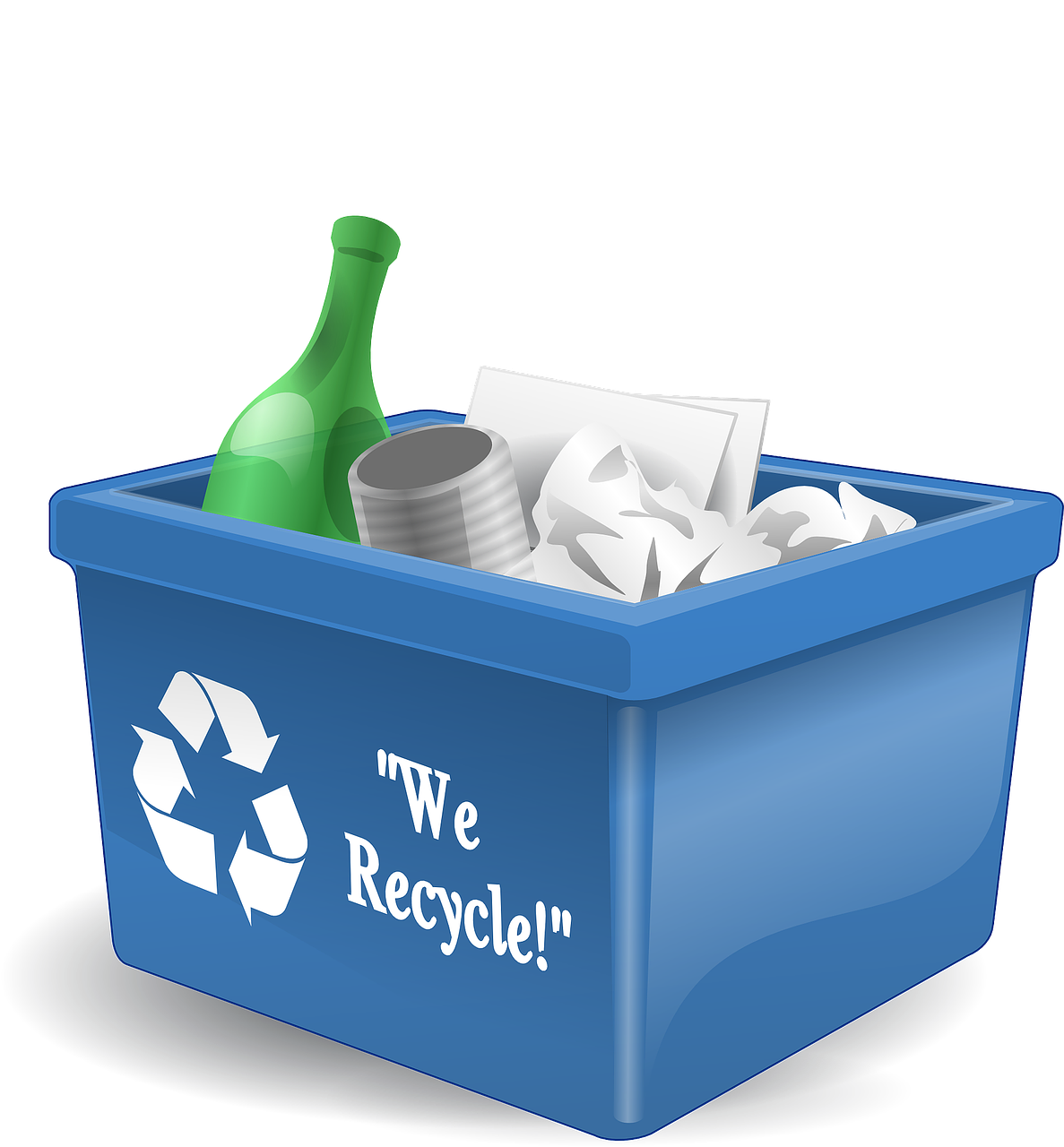Sustainable Business and Economy
Explore sustainable solutions for your business and work place. Sustainable approaches are those that are least energy intensive, least toxic, and yet maintain productivity and profitability.

To sustain resources, we must ask industries to reinvent products making them non-polluting, durable, reusable, and/or created from recycled materials. New ways of thinking about products, processes, and operations are needed. Now we must evaluate whole systems, not just the parts.
We face the immediate challenge and necessity to transform an industrial economy into one that is environmentally sustainable. Our economy depends on healthy and diverse ecosystems. It is essential that natural systems continually function to sustain life and resources, for humans as well as for other species. We derive trillions of dollars of services from living ecosystems.
Our industrial culture has been built on the fallacy that perpetual material growth is possible. Our economic system fosters consumption and waste of natural resources, rather than stewardship. It's a fossil fuel based, throw-away system that operates on the premise that natural resources are infinite. The full costs of resource use and pollution are not built into the costs of products.
A new economic model recognizes the value of human, as well as natural capital: soil, aquifers, rivers, oceans, plant communities, and forests. It encourages local enterprise and the use of technology. The new sustainable economy will:
- Be wind and solar/hydrogen powered, rather than based in fossil fuels; and
- Utilize a comprehensive reuse-recycle system, rather than a throw-away system.
Many of us are not in the kinds of employment positions that direct corporate change or redesign products, however there are some simple ways that many of us can help "green" workplaces:

- Save and reuse packaging materials for mail and shipping. Purchase cardboard packaging and paper goods that are not made from foam.
- Recycle and buy recycled. Be thrifty with paper. Copy on both sides. Use e-mail.
- Buy energy-efficient office equipment.
- Use task lighting at workstations rather than extensive overhead lighting.
- Install occupant sensors to turn off lighting, heating, and air conditioning when rooms are not occupied.
- Arrange for an energy audit with the local utility company. Ask about energy efficient building technologies, such as absorption chillers, light colored roofs, gas air conditioning, or photovoltaic panels to collect solar energy. Check with local utility companies for rebates for businesses.
- Arrange for an irrigation evaluation of landscaping. Contact your local resource conservation district.
- Bring your own mug. Pack a lunch in reusable containers. Avoid pre-packaged and fast-foods that use excessive packaging materials.
- Move close to where you work, or telecommute.

